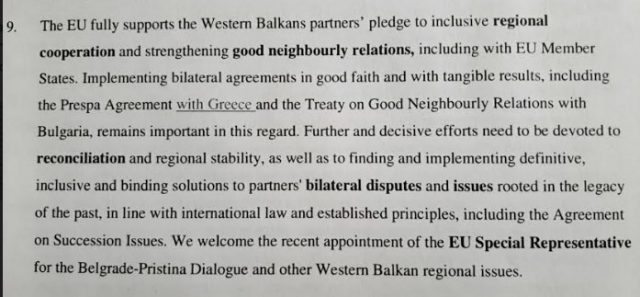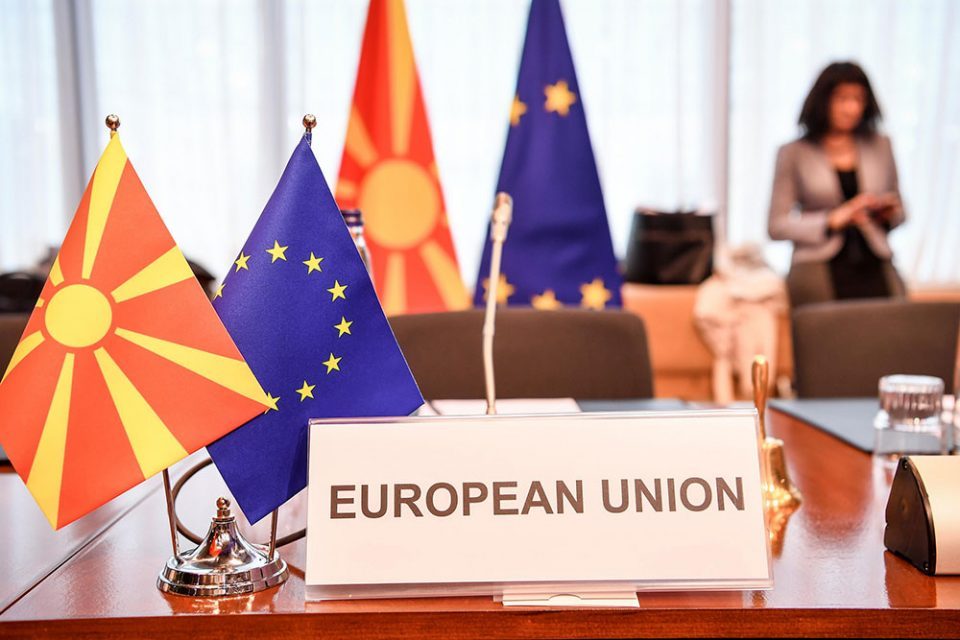U and Western Balkan leaders are set to hold a video conference on Wednesday. Talks will focus on the support package to tackle the coronavirus crisis, MIA’s Brussels correspondent reports.
The summit in Zagreb won’t focus on enlargement to the region, EU officials said Tuesday, partly because of the sanitary crisis, and because the enlargement is discussed as part of the EU’s General Affairs Council.
According to the EU Council, the EU is the most important partner of the Western Balkan region and this video conference will underline the importance of unique EU-Western Balkans relations.
The EU has decided to help the region with EUR 3.3 billion solidarity support package to tackle the pandemic.
The funds will be subject to very strict EU control.
I assure you that every tranche is subject to very strict audit and control mechanisms and on the slightest suspicion of misuse of funds, we’ll open an investigation that may lead to criminal prosecution. EU funds are tied to very strict conditions, according to the EC.
Even though the region was initially excluded from most funds and support mechanisms, the EU has since lifted restrictions, so as of the end of April, countries in the region are no longer required special permits to import medical equipment necessary in the fight against the coronavirus. The restrictions were largely criticized, especially in Serbia where President Aleksandar Vucic openly criticized the EU for providing less assistance to his country than China.
We’ve seen problems in communication, spread of false accusations about the friendship between the EU and the countries in the region. Leaders need to align on the messages they send and oppose the misconception of our relations, said a high EU official ahead of Wednesday’s summit.
The EU “has no doubt” that the Western Balkans are a “close partner,” and that neither China nor Russia are closer friends to the region.
However, criticism also centered on the fact that the summit won’t focus on the enlargement, and the Zagreb declaration that leaders are to sign tomorrow bears no mention of enlargement, nor membership or negotiations with Macedonia and Albania.
The EU rejects such criticism.
The idea for tomorrow is to reaffirm the EU perspective of the region. We do this with our partners. The fact that a decision was reached for North Macedonia on March 26 clearly shows that the EU perspective is the main impetus for the reforms that benefit all citizens. We’ve shown that we deliver when our partners deliver. We’re not focusing on enlargement, partly because COVID-19 is the main topic, but this doesn’t mean that the process has been brought to a halt. The process will continue at the next meeting of the General Affairs Council in June, and it will see progress. We believe there’s a specific issue we need to focus on now, said a high EU official.
In paragraph 9 of the disputed declaraton, the EU calls on Macedonia to fully implement the agreement with Bulgaria, as they say “in good faith and with tangible results”.






Comments are closed for this post.